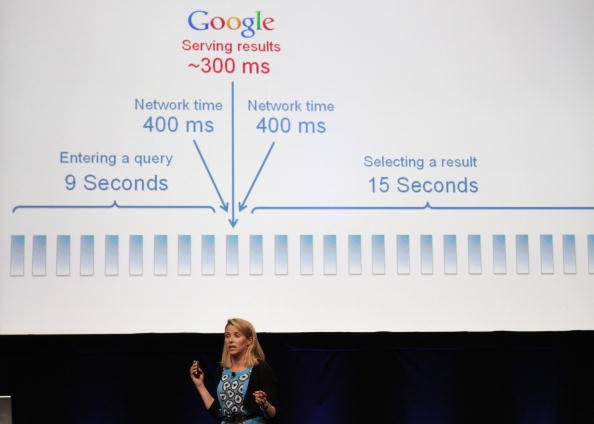A lot of readers are getting annoyed with pop-ups and interstitials when they are browsing on their smartphones. Google is said to be punishing these ads on mobile by lowering their rank on Google search.
However, not all websites that are using pop-ups should be threatened by this warning. If a website with a pop-up still has the best information, it is still likely to be on top of the search, according to The Verge.
Aside from providing people a more informative search result, Google would also want to provide a better search result by alleviating the annoying advertisements. In 2014, the internet giant began boosting the rank of websites with encryption. Last year it boosted the rank of "mobile friendly" websites.
The changes will take effect on Jan. 10, 2017. Starting that day, Google will start lowering the rank of websites which contents are not easy to access. Some of the main targets are those websites that overlays an advertisement, covering the content that prevents the readers to read the content of the website and can be dismissed once they see and click the small close button. Other targets are those ads that create a pop-up-like effect by taking up most of the website's page after it loaded.
On the other hand, Google listed three types of interstitials that would not be affected by the changes or by the new signal if these interstitials are used responsibly as reported by Search Engine Land. These are:
- Interstitials that are being used in response to a legal obligation like for cookie usage or for age verification.
- Login dialogs on sites with private contents such as emails or unindexable content that is behind a pay wall.
- Banners that use a reasonable amount of page space and can be easily dismissed. Examples are app install banners that are provided by Chrome and Safari.
In November last year, Google launched the app install interstitial penalty. However, the internet giant will be canceling that version and will be replaced with a new interstitial penalty. It wrote:
"We previously explored a signal that checked for interstitials that ask a user to install a mobile app. As we continued our development efforts, we saw the need to broaden our focus to interstitials more generally. Accordingly, to avoid duplication in our signals, we've removed the check for app-install interstitials from the mobile-friendly test and have incorporated it into this new signal in Search."
Check out Google's effort to reduce too much ads four years ago:



























